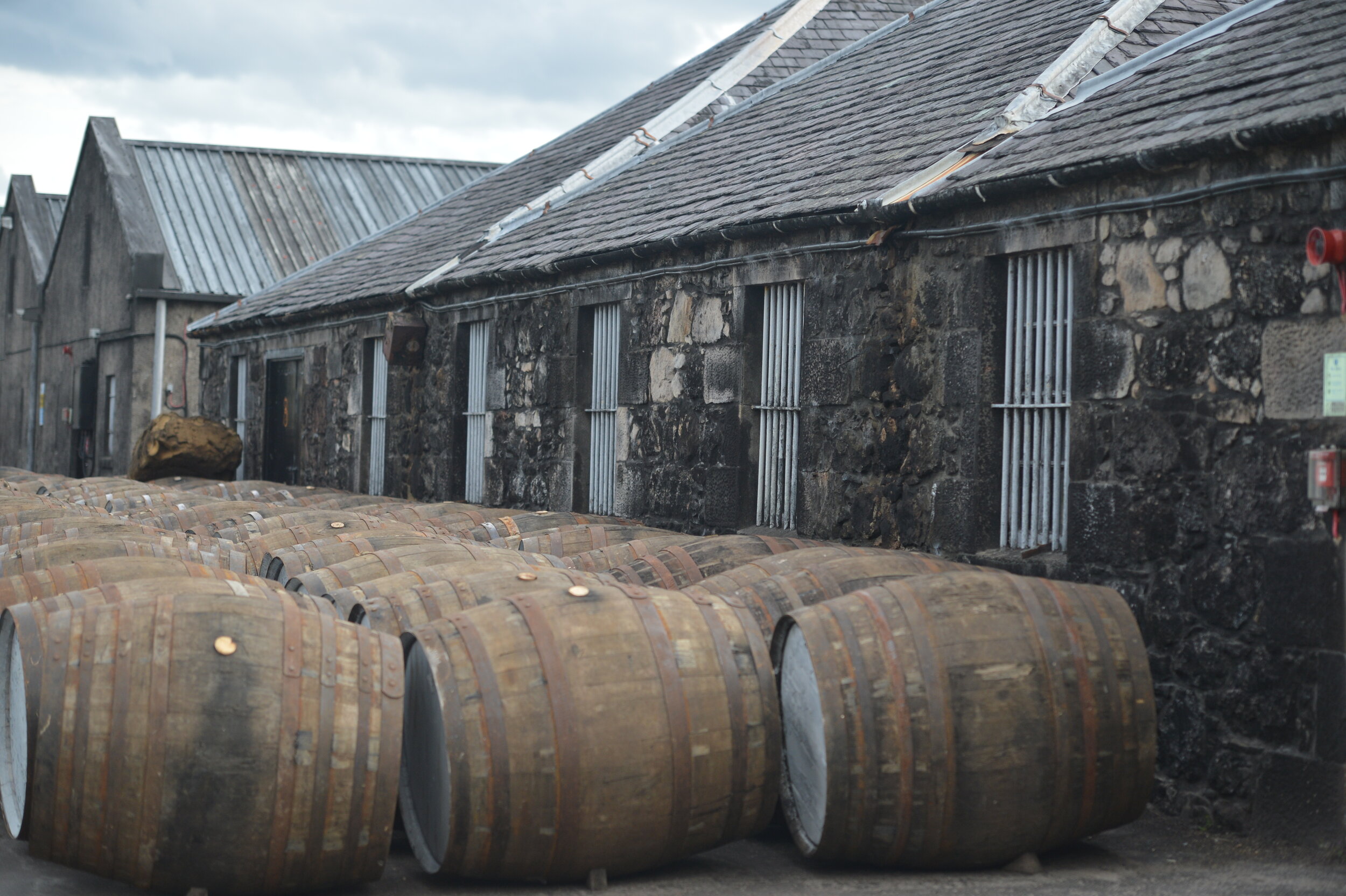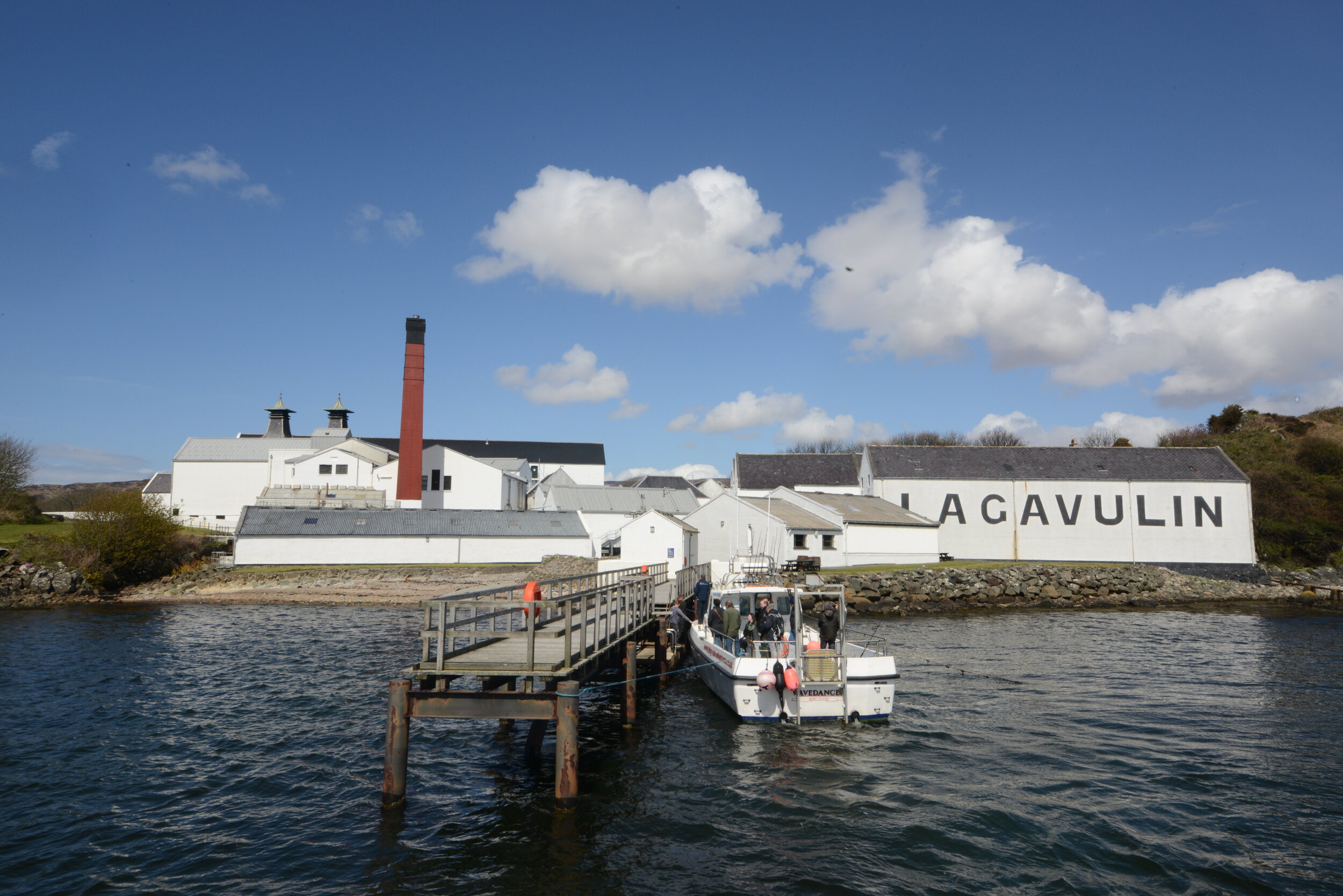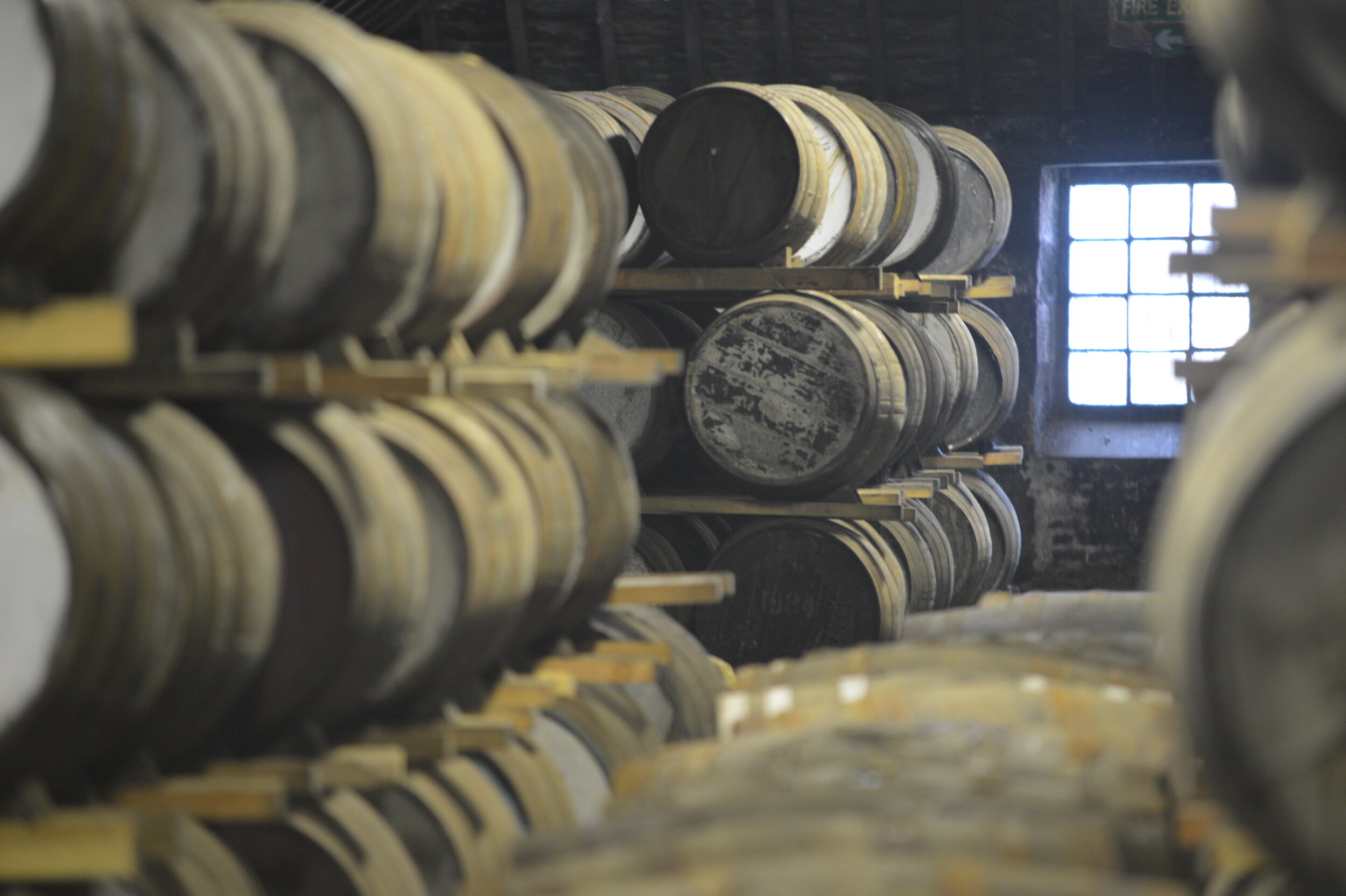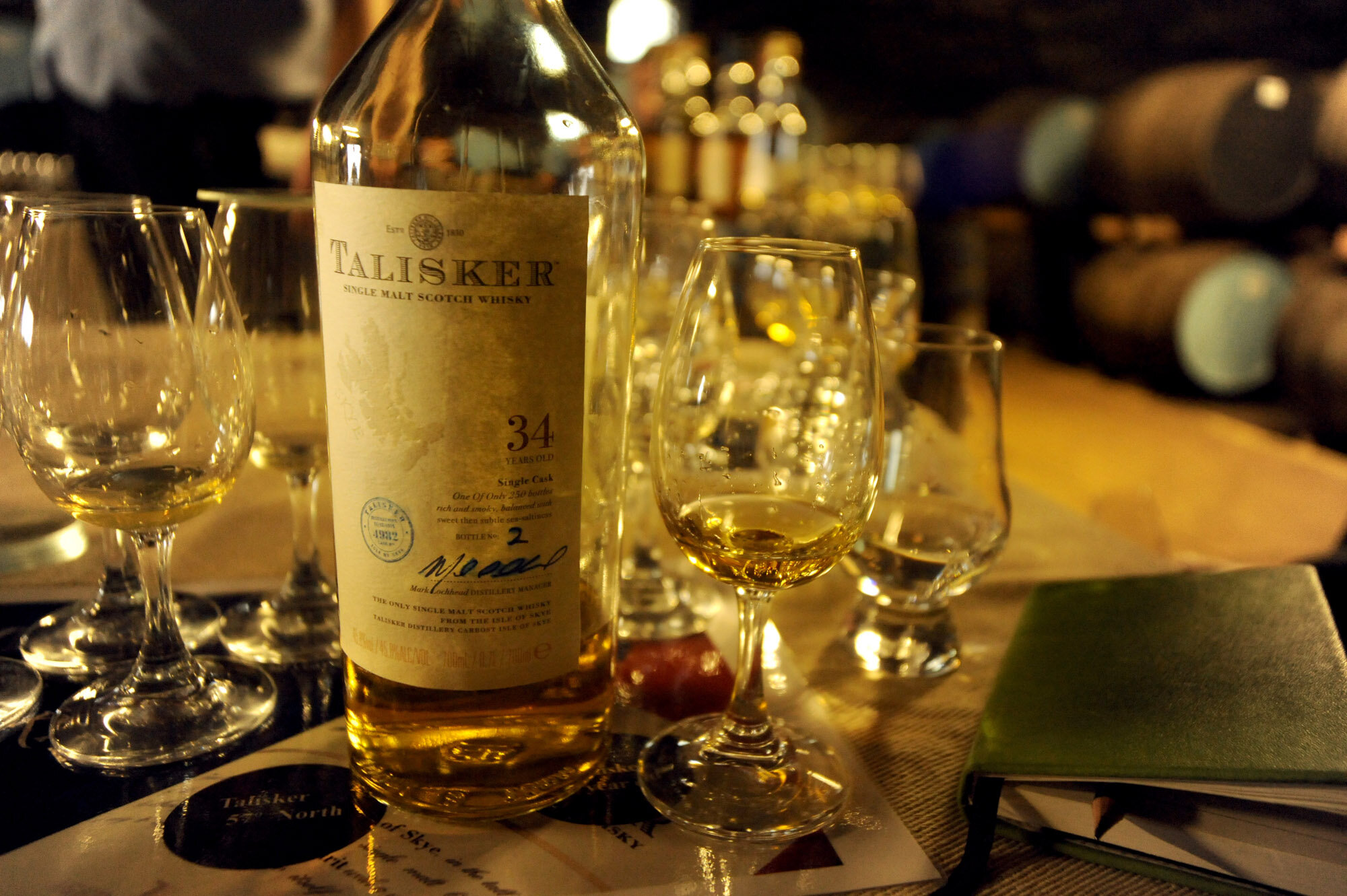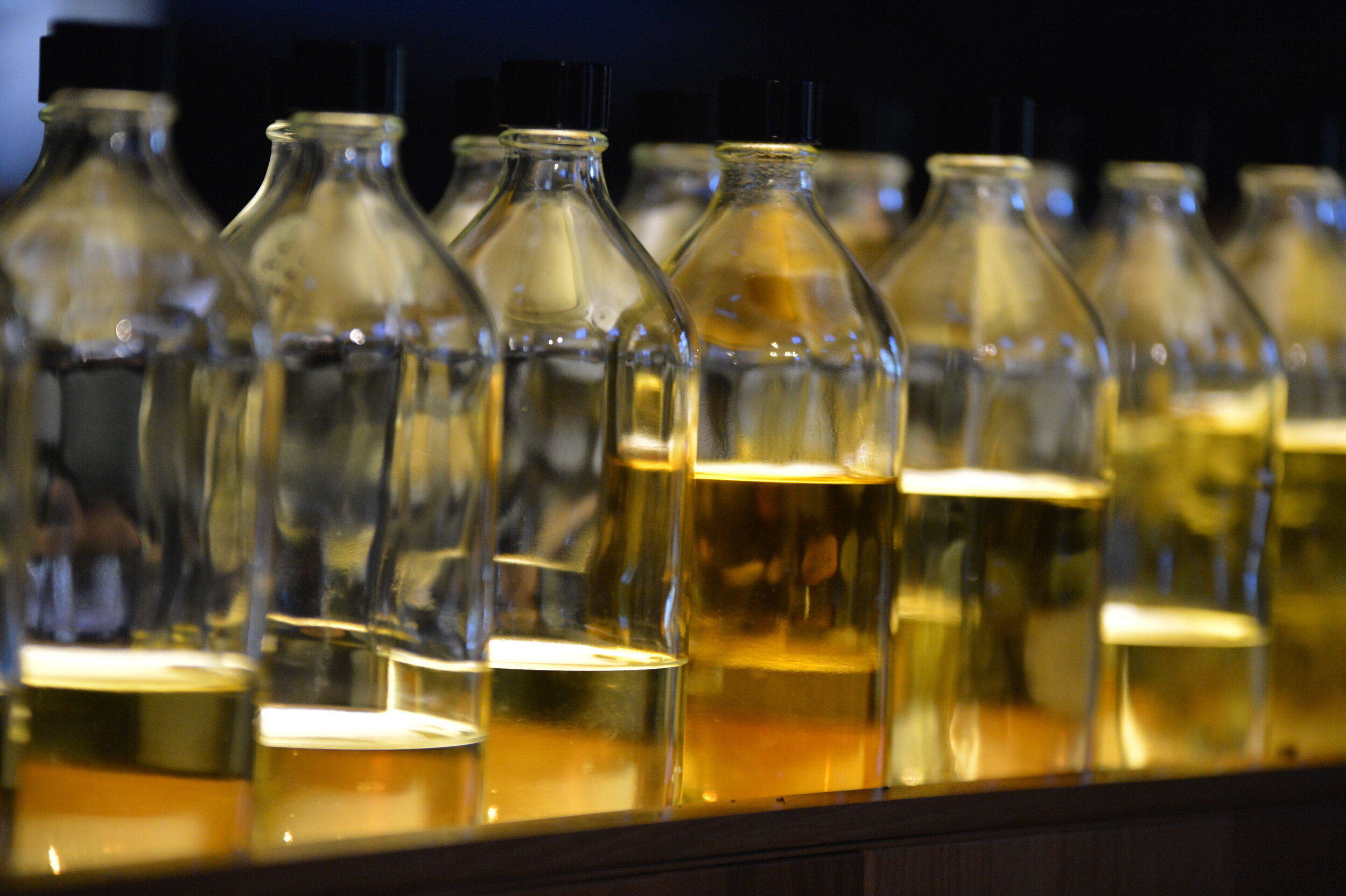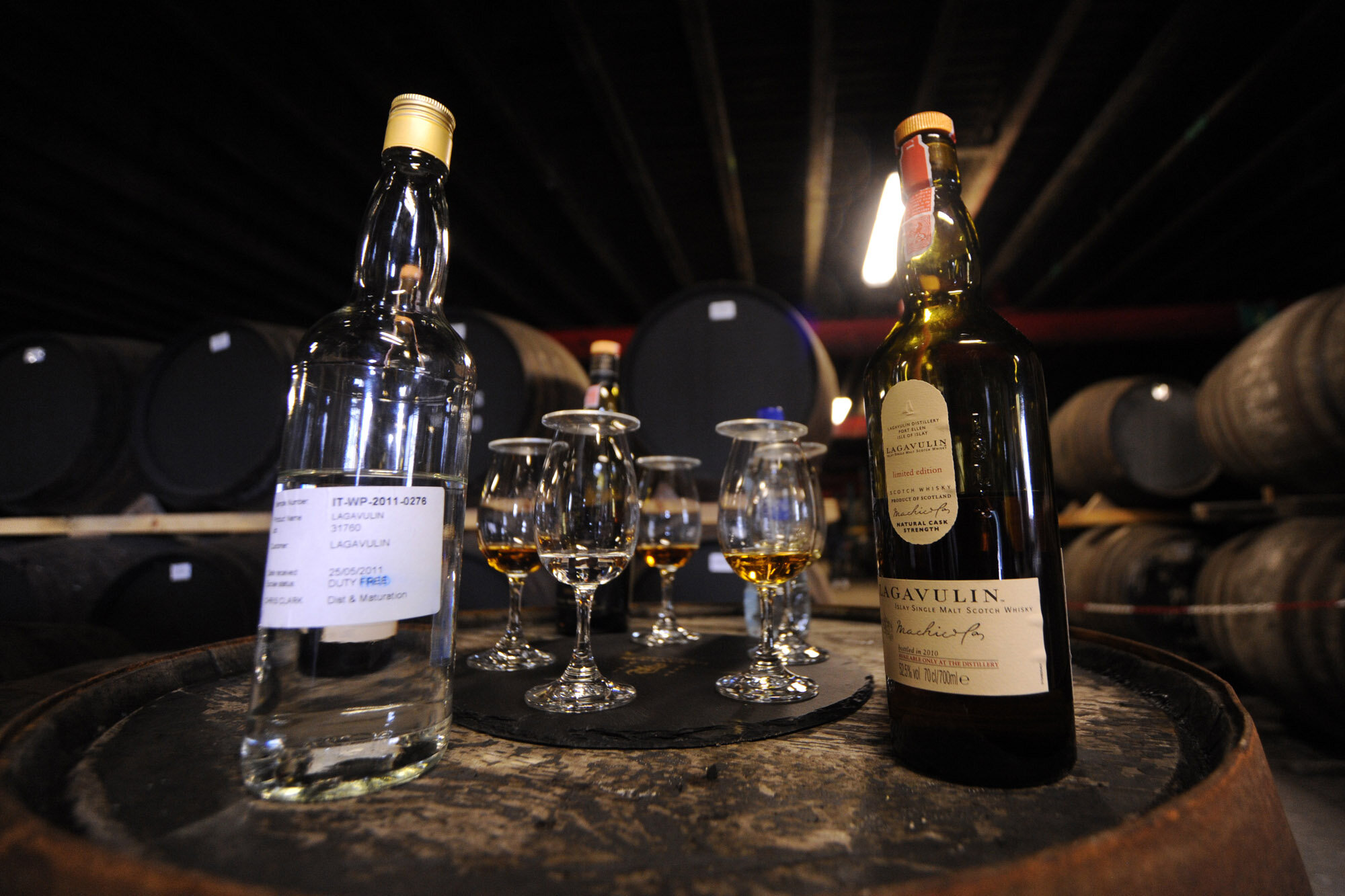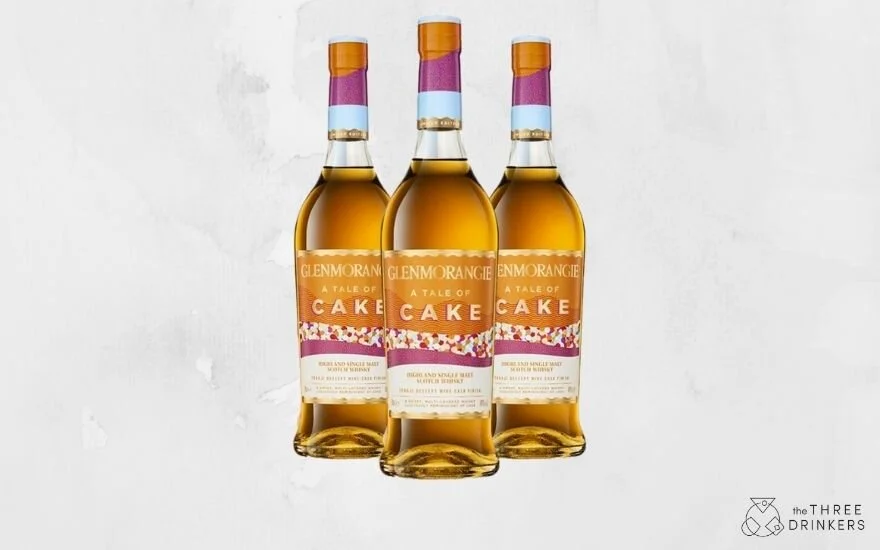


Over the last few years whisky investment has become more and more lucrative. But as that whisky investment has evolved, the focus is broader than Macallan, Macallan, Macallan. In fact, there are many people who feel Macallan has reached the top of its investment potential. Like Karuizawa, prices have levelled off for all but the million-pound bottles. The question is what to invest in next.
Sherry cask whiskies still seem to do very well. The Asian markets have shown a preference for sherry cask whiskies and whiskies with a good age statement. Add to this limited bottlings, or even bottles from single casks, and this gives a clear path for investment. Single cask bottles over eighteen years old matured in ex-sherry casks would be a good bet. There are some popular brands already starting to emerge.
Glendronach produces a run of single cask bottles every year. These increase slowly in value. This is because they may be single cask bottlings, but there are quite a few casks bottled, so they are not as rare as one might think. These would be bottles for the longer-term investor. There is one distillery producing very few single cask bottlings, and they bottle their whisky having only matured it in ex-sherry casks. That distillery is Tamdhu. Their single cask bottles are difficult to find and already have a loyal following.
Single malt whisky might be the mainstay of whisky investors, however there are blends worth considering. Johnnie Walker produces limited editions from time to time, most notably for their Blue Label range. They produce a limited bottle for the Chinese New Year under the animal for that year. They produce whisky for films occasionally, for example Blade Runner 2049 has a Blue Label limited release. Last year there was the Ghost and Rare range producing bottles with a good amount of Brora and Port Ellen in them. These two distilleries are now closed and very rare.
This brings me onto the third whisky in which to invest: whisky bottles from closed distilleries. By nature, there will be no more of this whisky produced and therefore it will become more limited as time goes by and the bottles drunk. Some closed distilleries are more popular than others. For example, the aforementioned Port Ellen and Brora distilleries already command very high prices and have cult followings. However, lesser-known distilleries such as St Magdalene, which used to be in the lowlands or Caperdonach in the highlands, would be good bottles to look out for.
Finding the odd good bottle in which to invest can be tricky, and it’s not always clear whether it may be a good investment or not. The bottle market can be fickle, even if it is good overall. This brings me back to the subject of casks about which I have written before. I think casks are a good way of investing in whisky. If you can spend £1,500 or more it is possible and easy to manage. I advise a cask company called Cask Trade in London who are a great source of advice on everything to do with casks. The do not broker whisky so all the stock they hold they own, and you can buy direct from them.
Whether it be bottles or casks, I find hunting them down is always fun and exciting. For bottles, I would use two auction houses: Scotchwhiskyauctions.com and Whisky.auction to buy from and to call for advice. For buying new releases both the Whisky Exchange and Master of Malt are reliable and each has extensive stocks of new, and past, releases that find their way back onto the market. Happy hunting!
Here are more details If you are interested in more information on cask investment

